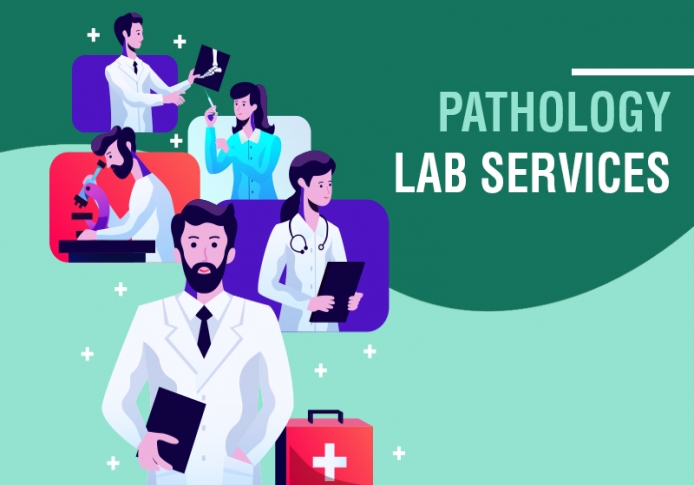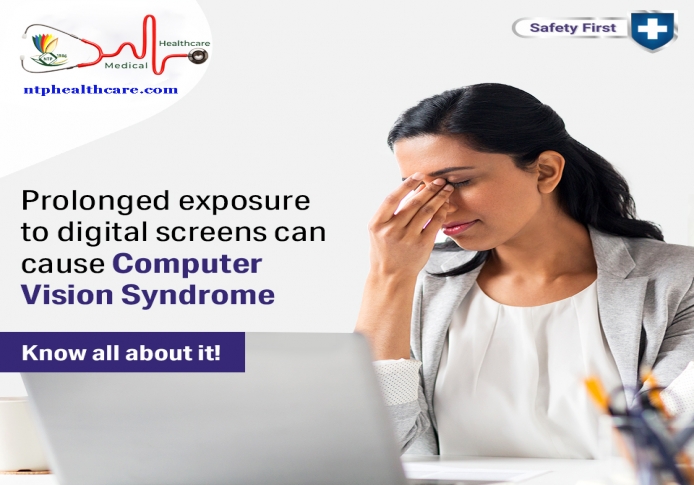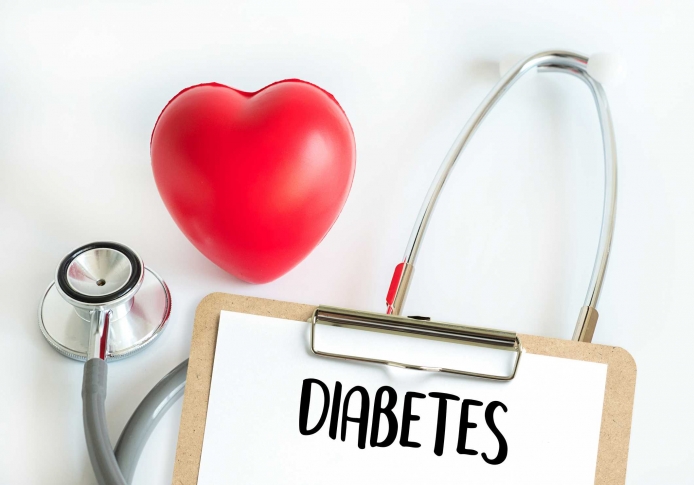
Fortis Hospital, New Delhi
Heart Surgery,Cancer Treatment, Bariatric Surgery, General Surgery, Transplant Surgery, Joint Replacements Surgery, Organs Transplant, Spine Neurosurgery,Cochlear Implant & ENT Surgery

Wockhardt Hospital Mumbai
Heart Surgery,Cancer Treatment, Bariatric Surgery, General Surgery, Transplant Surgery, Joint Replacements Surgery, Organs Transplant, Spine Neurosurgery,Cochlear Implant & ENT Surgery

Max Hospital, New Delhi
Heart Surgery,Cancer Treatment, Bariatric Surgery, General Surgery, Transplant Surgery, Joint Replacements Surgery, Organs Transplant, Spine Neurosurgery,Cochlear Implant & ENT Surgery

Lilavati Hospital, Mumbai
Heart Surgery,Cancer Treatment, Bariatric Surgery, General Surgery, Transplant Surgery, Joint Replacements Surgery, Organs Transplant, Spine Neurosurgery,Cochlear Implant & ENT Surgery

Manipal Hospital,Bangalore
Heart Surgery,Cancer Treatment, Bariatric Surgery, General Surgery, Transplant Surgery, Joint Replacements Surgery, Organs Transplant, Spine Neurosurgery,Cochlear Implant & ENT Surgery

Medanta Hospital
Heart Surgery,Cancer Treatment, Bariatric Surgery, General Surgery, Transplant Surgery, Joint Replacements Surgery, Organs Transplant, Spine Neurosurgery,Cochlear Implant & ENT Surgery

Artemis Hospital
Heart Surgery,Cancer Treatment, Bariatric Surgery, General Surgery, Transplant Surgery, Joint Replacements Surgery, Organs Transplant, Spine Neurosurgery,Cochlear Implant & ENT Surgery








